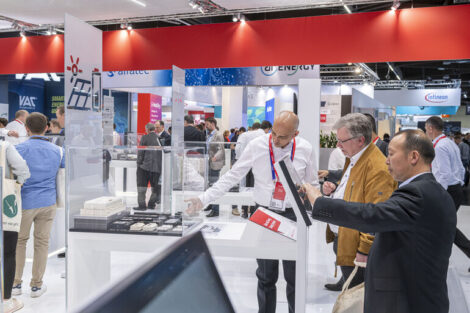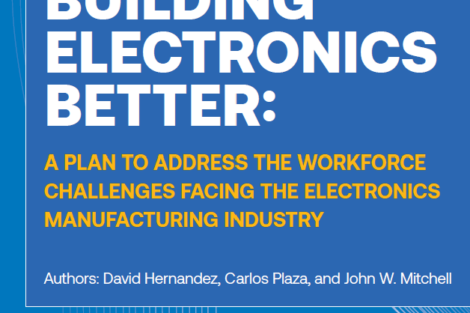It’s en vogue in Europe, and especially in Germany, to praise the success and bright future of automotive electronics. However, if we take a look behind the scenes, we can see that not everything shines quite so brightly. A car is normally a huge outlay for the average Joe. So it has to last a long time (more than ten years), hopefully troublefree and with moderate maintenance costs. And if you drive a company car: someone has eventually to pay the bill. On the contrary, do you have a ten-year-old electronics product? Do you still use these remnants of glorious high-tech innovation that are now banned to a dark corner of the attic or other places used for storing obsolete things we don´t want to throw away? We stick to them, since they are still working, and have cost a fortune. And see, the car industry even demands supply guarantee for 25 years. For the companies supplying electronics parts and control units, apparently an unbelievable request.
The other part of the game are the “oldtimers”, the classics – 30 years and older, collected, serviced and restored by their fans. There are many of them parked in garages or sheds, the pride of their owners. We can imagine that cars containing 20+ different control units for many different crucial functions will hardly have the chance to retire as adored classics. After ten years, the components used in these electronic modules won´t be available any longer. And who cares about all the documentation from original design and manufacture in order to service or rebuild those different units of just one car maker, and what about all the other vehicles?
For long-term supply of those indispensable units, a joint solution from all involved in the chain seems necessary to transform the sophisticated electronic modules into off-the-shelf spare parts, and to assure delivery of components in the required quality and reliability. As carmakers are in tough competition, most of the complex features of their wagons (especially in the higher class) are defined through the design (in hard and software) of electronics. This is obviously an obstacle. At any rate, the industry has to find an escape. Just to highlight the situation from one perspective: there was a large meeting dedicated to this subject under the auspices of the ZVEI (German Electrical and Electronics Industry Association) in 2002. The results were painted in a White Book – which hasn´t been updated since.
There are some different standard-bus structures for cars in use, but compatibility from one vehicle maker to another never had any priority. Therefore, a common and easy-to-operate plug-and-play system architecture isn’t to be seen in the near future. And from this we can deduct that all these expensive and luxury automobiles of today will vanish from our view as soon as electronics problems come into play, with no reasonable supply of spare parts possible.
At the upcoming electronica on Munich’s fairgrounds, one key focus will be on automotive electronics. Researchers say Europe’s market is second in the world and has technology leadership, with a large number of design houses flanking the industry to deliver the vehicles of tomorrow. The industry expects remarkable growth in the years to come. An automotive conference has been organized, and it could be worthwhile to spend some thoughts on the component supply chain and the manufacture of control units. With a solution for these issues, the outlook for Europe’s industry for a longer phase of good business would be significantly safer.
Gerhard B. Wolski
Advisor to EPP Europe
Share:










